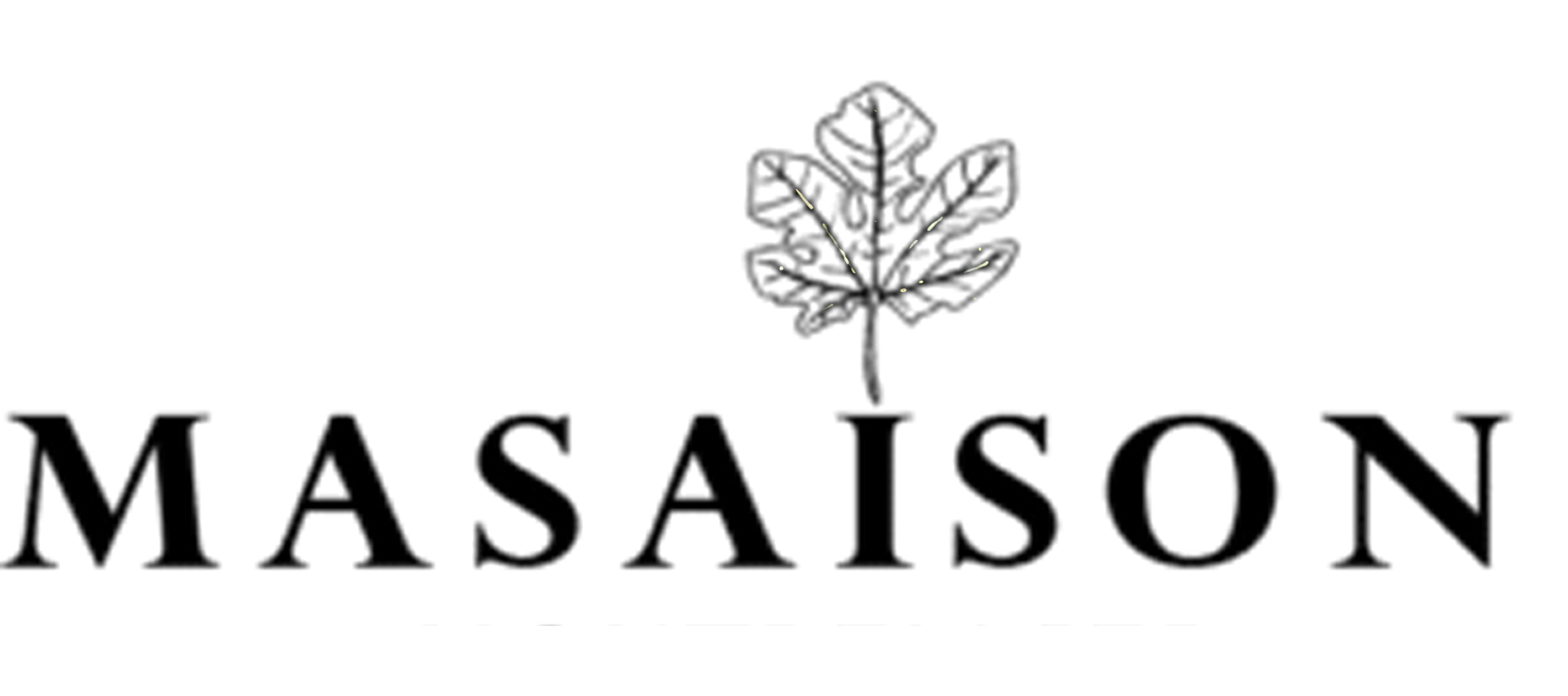Livraison offerte dès 50 euros d'achat
Free shipping on orders over $50!
ECO-RESPONSIBLE cosmetics: REGULATIONS
"Nature is eternally young, beautiful and generous. It pours poetry and beauty into all beings, all plants, that are allowed to develop." - George Sand

CURRENT REGULATIONS
In France, eco-responsible cosmetics are regulated by the law of 11 July 2013 on cosmetics. This law sets out the rules to be followed for the manufacture, marketing, distribution and use of cosmetics. Companies that manufacture or distribute eco-responsible cosmetics must comply with the safety, quality and labelling requirements set out in this law. The ingredients used must be safe for both the user and the environment. Brands must also comply with ethical production standards, in particular by limiting their environmental impact, promoting fair trade and respecting workers' rights.
Certifications for eco-responsible cosmetics
To guarantee the quality and eco-responsibility of cosmetics, there are a number of certifications. In this way, brands can prove their commitment to the environment and health.
The best-known certification is Ecocert. This certification guarantees that cosmetic products contain at least 95% of natural ingredients and that 10% of the ingredients are organically produced.
There are also other certifications such as Cosmebio, Natrure et Progrès, Nouvelle Cosmétique and Slow Cosmétique, which set different standards for eco-responsible cosmetics.

Cosmetic products are regulated by the French National Agency for the Safety of Medicines and Health Products (ANSM).

We've put together a brief summary of the main regulations on eco-responsible cosmetics in France.
- European Cosmetics Regulation (EC) No. 1223/2009: This lays down safety and quality requirements for cosmetic products placed on the European market, including eco-responsible products.
- The Ecological Organic Cosmetics Label (ECOCERT): This is used to certify products that meet the criteria of ecology, quality and respect for the environment. This certification is voluntary and issued by a third party.
- ISO 16128: This standard sets out definitions and principles for ingredients in natural and organic cosmetic products.
- The "Cosmébio" charter: This is used to certify organic and natural cosmetic products that comply with ecological, ethical and quality criteria.
- REACH regulations: These concern the registration, evaluation, authorisation and restriction of chemicals, including those used in cosmetic products.
- The CLP regulation (Classification, Labelling, Packaging): This establishes the rules for classifying, labelling and packaging chemicals, including those used in cosmetic products.
- The AGEC law is an important regulation for the cosmetics sector, encouraging companies to adopt more sustainable practices and reduce their environmental impact. It helps combat waste and promotes the circular economy.
It's important to note that regulations for eco-responsible cosmetics can vary from country to country.
In France, the regulations in force for eco-responsible cosmetics guarantee the safety and quality of the products placed on the market.
Companies must comply with ethical production standards, and certifications provide proof that products are eco-responsible.
Consumers can choose eco-responsible cosmetics with confidence, and look after their skin while protecting the environment.
Kirschleger Clémence
